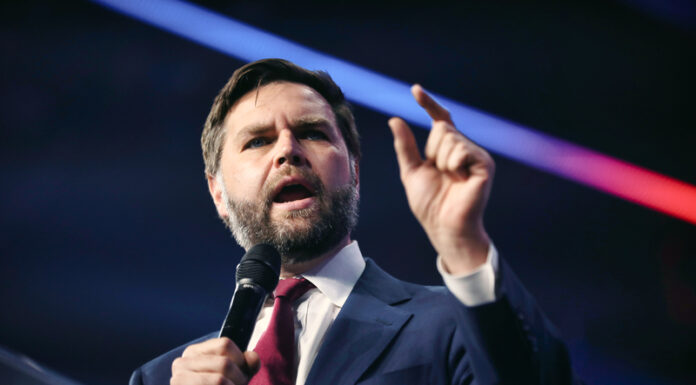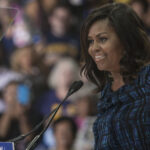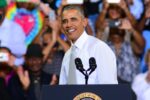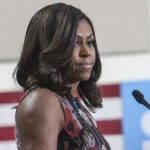Vice President JD Vance expressed admiration for Russian President Vladimir Putin’s communication style during a Wednesday night interview with Fox News host Laura Ingraham, describing Putin as more soft-spoken than American media portrayals suggest.
Speaking on August 20, 2025, Vance revealed he has spoken with Putin multiple times by telephone, though he has never met the Russian leader in person. The vice president characterized Putin as soft-spoken in a deliberate and careful manner.
Vance further described Putin as someone who fundamentally looks out for Russia’s interests as he sees them. The vice president suggested that Putin respects President Donald Trump because he recognizes that Trump prioritizes the interests of the American people.
The interview took place following a failed Alaska summit between Trump and Putin the previous week, where the leaders were unable to reach an agreement on a ceasefire in Ukraine. Vance noted that while Trump and Putin often disagree on issues and the president has been critical of the Russian leader, Trump remains willing to work with anyone if he believes it will accomplish important goals for America.
During the same Fox News appearance, Vance recounted his interaction with Ukrainian President Volodymyr Zelenskyy during a Monday Oval Office meeting. The vice president described telling Zelenskyy upon his arrival: “Mr. President, so long as you behave, I won’t say anything.” Vance characterized this comment as a good little icebreaker, noting that Zelenskyy chuckled in response.
The remark drew significant criticism on social media, with users describing Vance as disrespectful and condescending. This interaction followed a previous February Oval Office meeting, where Vance had criticized Zelenskyy for allegedly not showing sufficient gratitude for U.S. aid in combating Russia’s invasion.
Vance provided details about Trump’s diplomatic approach during the Monday meeting at the White House with European leaders. The vice president described how Trump announced his intention to call Putin immediately after the talks, despite European leaders suggesting that proper vetting and team preparation were necessary for the phone call. Vance indicated that Trump dismissed these concerns, stating he wanted to talk directly with Putin.
The vice president praised Trump’s diplomatic style as no-holds-barred and free of bureaucratic protocols, suggesting this approach contributed to progress in Ukraine negotiations. Vance expressed optimism about the negotiations, indicating that both sides are now discussing the details necessary to halt the fighting and killing.
Regarding the substance of potential negotiations, Vance outlined the core issues at stake. He explained that Ukraine seeks security guarantees to prevent future Russian invasions, while Russia wants certain territorial concessions, most of which they currently occupy.
The vice president indicated that European nations would bear the lion’s share of costs for Ukraine’s security guarantees. He suggested that the administration has made more progress in three months than the country had achieved in three years of attempting to resolve the conflict.
Vance’s positive characterization of Putin quickly gained attention on Russian state media. Russia Today, the Russian state-controlled television network banned in several Western countries, shared soundbites from Vance’s interview on social media platforms.
The interview took place as Trump claimed potential breakthroughs in the Ukraine negotiations following his meetings with Zelenskyy and European leaders. Trump has vowed to arrange a direct meeting between Putin and Zelenskyy, though Russia has yet to confirm any such agreement.
Despite diplomatic efforts, Russia continues its military operations in Ukraine. Recent attacks have involved more than 600 drones and missiles targeting both eastern and western regions of Ukraine, including strikes that reached areas near the Hungarian border.
The ongoing negotiations face significant challenges, as both sides maintain incompatible positions on key issues, including territorial concessions, Ukraine’s future military capabilities, and long-term security arrangements. Russian Foreign Minister Sergey Lavrov has insisted that any security guarantee regime must include Russian input, effectively demanding veto power over arrangements involving NATO nations on Ukrainian soil.








